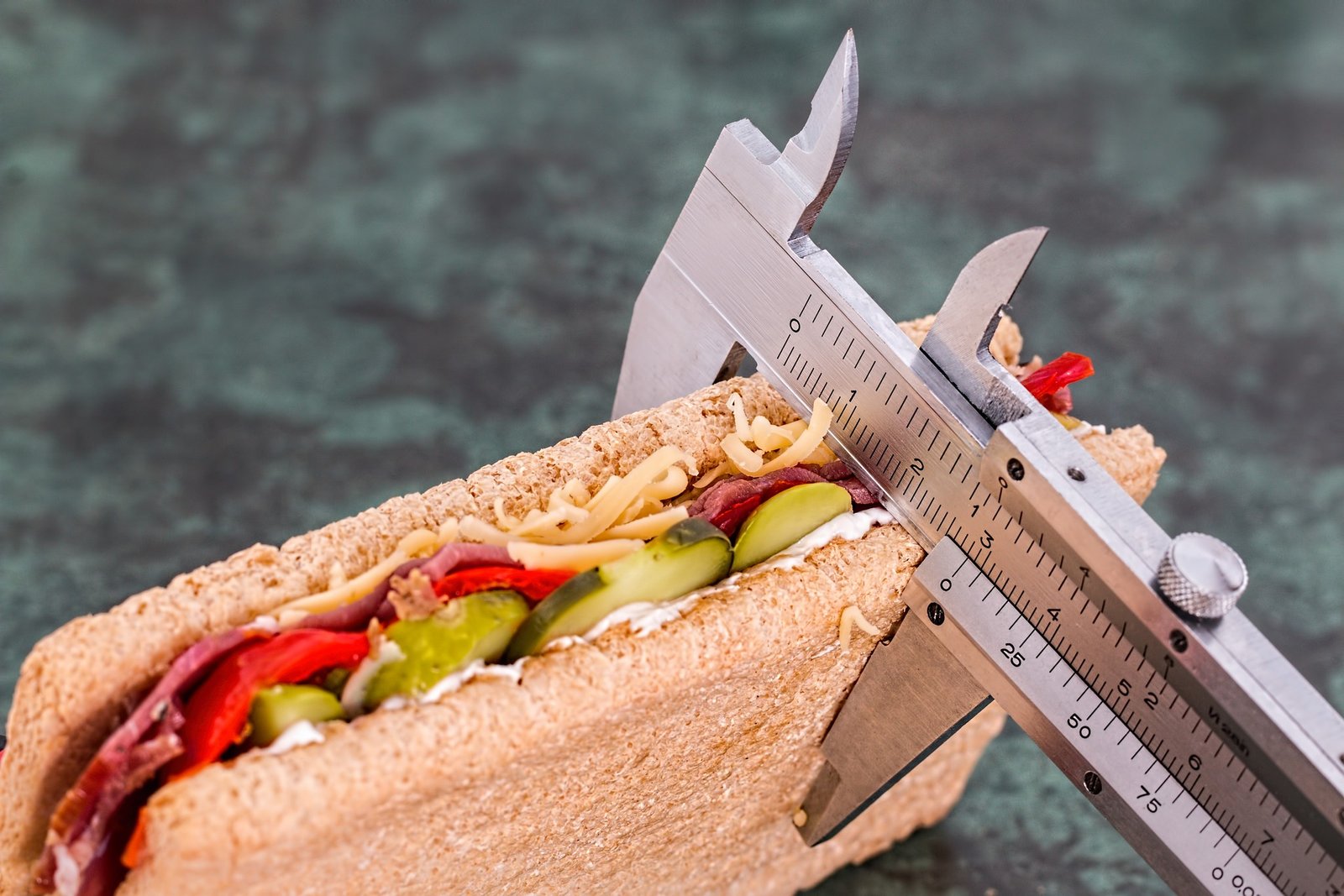We will share better ideas and diet plans or Exercise routines to lose 5 kg in 7 Days. Follow our instructions and get your desired success.
To achieve this particular target you need to follow a significant process. Regular exercise and proper sleep are more important during this challenge than eating habits you have to eat protein and avoid sugar and Salt. Drinking water is also essential for losing weight but avoiding soft drinks and alcohol.

Process of Losing 5kg weight in a week
- Eat Less: Control portion sizes and avoid overeating to reduce calorie intake.
- Move More: Increase your daily physical activity, such as walking, biking, or taking the stairs.
- Cut Calories: Reduce your overall caloric intake by choosing lower-calorie foods and avoiding high-calorie, low-nutrient options.
- Exercise Daily: Incorporate at least 30 minutes of exercise into your daily routine to burn calories and improve fitness.
- Drink Water: Stay hydrated by drinking plenty of water, which can help control hunger and boost metabolism.
- Avoid Junk Food: Eliminate or minimize consumption of processed and high-sugar foods that offer little nutritional value.
- Stay Committed: Maintain dedication to your weight loss goals through consistency and perseverance.
- Eat Protein: Include protein-rich foods in your diet to support muscle growth and repair, and to help you feel full longer.
- Avoid Sugar: Limit intake of sugary foods and beverages, which can contribute to weight gain and health issues.
- Enough Sleep: Ensure you get 7-8 hours of quality sleep each night to support overall health and weight management.
Whole-day activity plan
Developing a daily weight-loss exercise schedule requires balancing regular physical activity with a healthy diet. This is a detailed plan:

Morning
6:00 AM: Wake up
Drink a glass of warm water mixed with lemon to speed up your metabolism.
6:30 AM: Work out
Cardio Workout: HIIT (High-Intensity Interval Training) sessions, jogging, brisk walking, or cycling (30–45 minutes).
Stretching (10 minutes): To increase flexibility and ease muscular tension, end your workout with some stretches.
Breakfast is served at 7:30 AM.
Mid-Morning
Snack at 10:00 AM
A fruit slice, a handful of almonds, or Greek yogurt with honey make a nutritious snack.
Afternoon
12:30 PM – Lunch
Lunch in moderation: grilled chicken or quinoa bowl with veggies and lean protein, or tofu salad with mixed greens, cherry tomatoes, cucumbers, and a mild vinaigrette.
2:30 PM: Take a stroll
15–20 minute Short Walk:Take a stroll to help with digestion and to stay active.
3:00 PM: Snack
Healthy Snack: A smoothie made with spinach, berries, and almond milk; carrot sticks with hummus; or a tiny apple with a spoonful of peanut butter.
Evening
5:30 PM- Workout
Exercise for Strength (30–45 minutes): Every day, concentrate on a new muscle group (e.g., arms, legs, core). Employ weights or your own body weight to do planks, lunges, squats, and push-ups.
Yoga and stretches at 6:30 p.m.
Stretching/Yoga (15–20 minutes): To enhance flexibility and relaxation, end your practice with some calming yoga positions or stretching exercises.
Dinner is served at 7:00 PM.
Dinner for health: grilled fish or or tofu paired with a little serving of brown rice or quinoa and steamed veggies, or a lean protein-rich vegetable stir-fry.
Nighttime
8:30 PM- Mild Activity
15–20 minutes of leisurely walking might aid with digestion and promote relaxation before bed.
9:00 PM: Concluding
Relaxation: Get ready for bed, read a book, practice meditation, or partake in a soothing hobby.
10:00 P.M.: Sleep
Aim for 7-8 hours of sleep to allow your body to recover and regenerate.
Additional Tips :
Stay Hydrated: Drink plenty of water throughout the day to keep hydrated and support your metabolism.
Track Progress: Keep a journal of your meals, workouts, and progress to stay motivated.
Stay Consistent: Consistency is key. Stick to your plan, but allow flexibility for rest and recovery as needed.
Avoid Processed Foods: Focus on whole, unprocessed foods to maximize nutrient intake and support weight loss.
Remember, individual needs may vary, so it’s important to listen to your body and adjust the plan as necessary. Consulting with a healthcare professional or a nutritionist can also provide personalized guidance.
